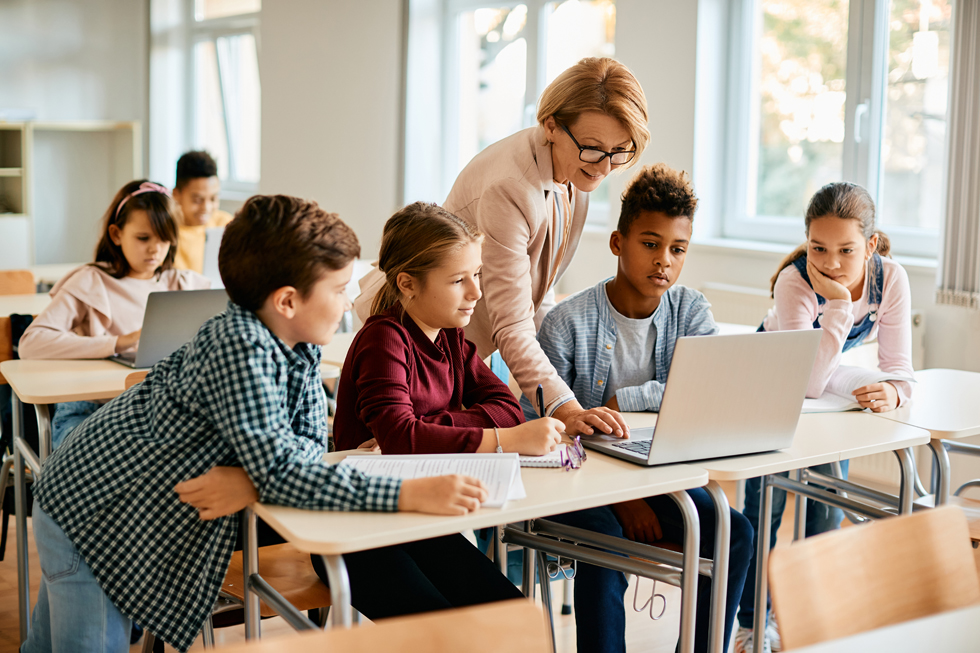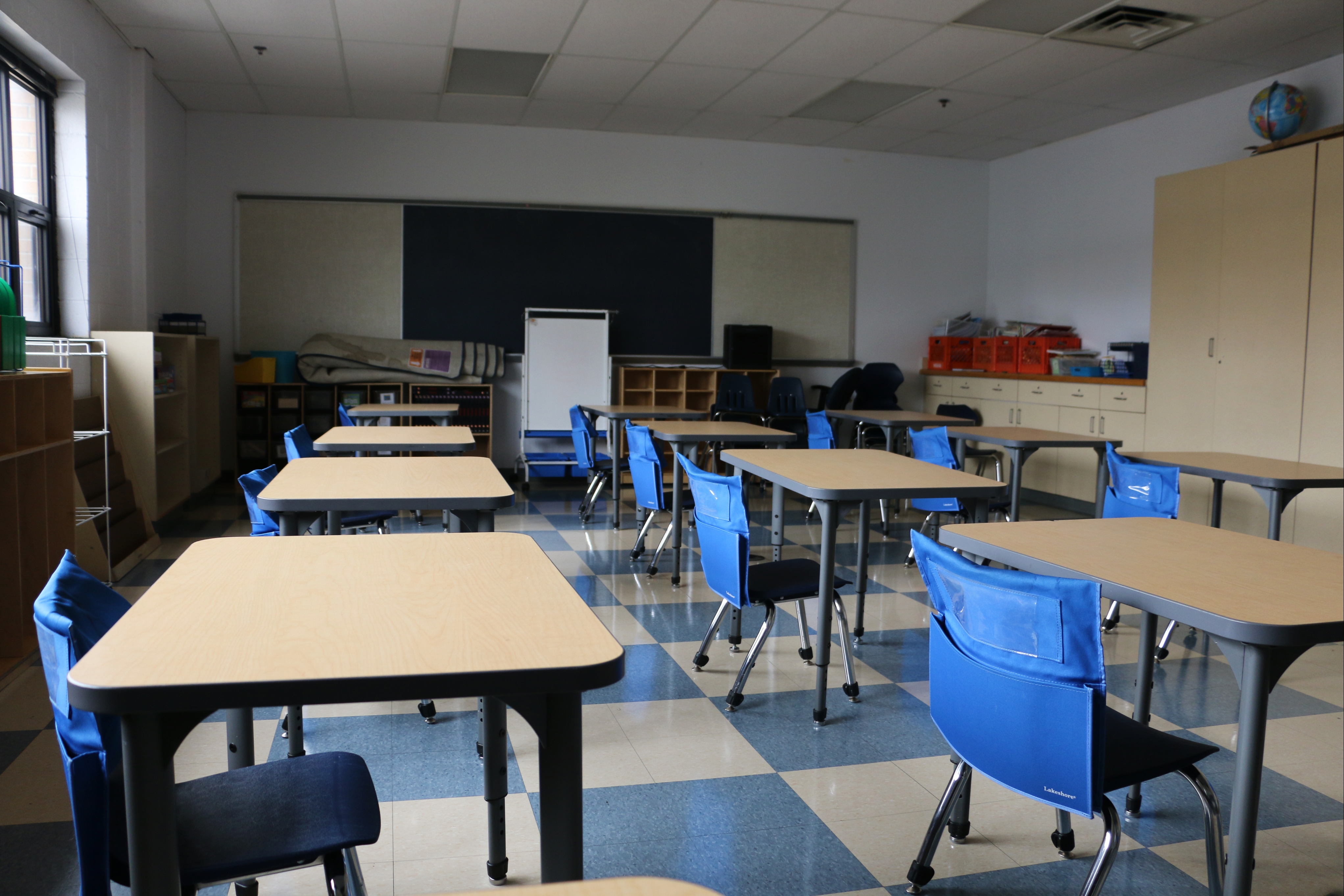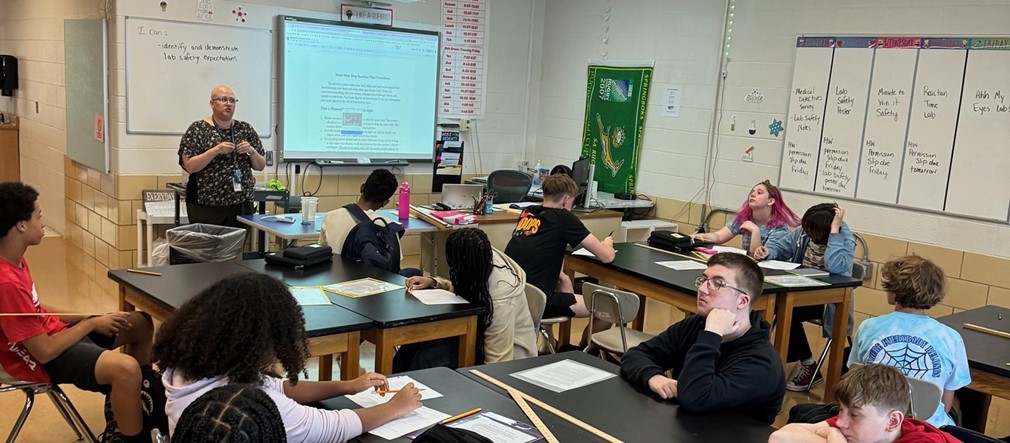Just How You Can Help Save Temecula Schools for Future Generations
Just How You Can Help Save Temecula Schools for Future Generations
Blog Article
Recognizing the Relevance of Schools in Kid Advancement and Area Growth
Colleges' engagement with neighborhood neighborhoods via service-learning efforts reinforces the bond between families and educational organizations. This symbiotic connection highlights the value of institutions in supporting energetic citizenship and lifelong learning routines.
Academic Achievement
Academic accomplishment functions as a keystone of youngster growth, giving the structure upon which future learning and success are constructed. Schools play a pivotal function in cultivating this academic development, providing organized atmospheres where children can get necessary knowledge and cognitive skills. Standard curricula make sure that pupils gain effectiveness in core subjects such as mathematics, scientific research, and language arts, which are critical for both greater education and specialist opportunities.
Along with presenting essential academic skills, colleges additionally cultivate vital thinking, analytic abilities, and intellectual inquisitiveness. These cognitive proficiencies are vital for browsing complex real-world scenarios and adjusting to the ever-evolving demands of the modern-day office. Educators, as facilitators of learning, use diverse instructional strategies to deal with varied understanding styles, thus making the most of individual student capacity.
In addition, academic success is carefully connected to self-confidence and motivation. Kids who experience academic achievements are most likely to create a favorable self-concept and a lifelong passion for learning. Schools also provide different sources, such as libraries and innovation, which additionally boost the academic experience and prepare pupils for a technically innovative society.
Social Ability Development
Beyond scholastic achievement, the duty of colleges in social skill development is essential. Schools offer as a key location for youngsters to find out and exercise crucial social skills such as communication, problem, and teamwork resolution. In the structured setting of a class, pupils interact with peers, instructors, and various other institution personnel, offering many possibilities to create these critical capabilities.
Effective social ability development in schools is assisted in through team tasks, collaborative jobs, and extracurricular programs. These interactions assist trainees comprehend social norms, build empathy, and cultivate a sense of neighborhood. Group jobs teach students exactly how to function with each other towards a common goal, listen to different point of views, and browse arguments constructively.

The farming of social skills throughout institution years lays a foundation for future personal and expert partnerships. Save Temecula Schools. As pupils grow, the ability to efficiently collaborate and connect comes to be increasingly crucial, underscoring the college's important function in alternative youngster development
Direct Exposure to Diversity
Direct exposure to variety in institutions is fundamental to fostering a comprehensive frame of mind and widening students' perspectives. Schools function as a microcosm of the broader society, and running into diverse societies, languages, and socioeconomic this website backgrounds within this environment furnishes trainees with vital skills for navigating a progressively globalized globe. This exposure encourages compassion, minimizes bias, and promotes shared respect amongst peers.
Varied class additionally improve social and cognitive development. Research indicates that students that interact with peers from varied backgrounds exhibit better analytic abilities and imagination. They discover to value various perspectives, which enriches class conversations and fosters a much more dynamic learning experience. This understanding of diversity prepares pupils for future offices that worth multicultural skills.

Community Interaction
The advantages of varied class expand past the college walls, promoting a solid feeling of neighborhood engagement amongst trainees. By interacting with peers from different cultural, socioeconomic, and ethnic histories, trainees gain a wider perspective and an appreciation for variety. This exposure encourages them to end up being active citizens that want to add favorably to their neighborhoods.
Institutions that highlight community engagement often integrate service-learning projects, which enable students to attend to real-world troubles while applying academic abilities. These tasks not only improve students' understanding of their coursework yet additionally infuse a sense of duty and compassion. Moreover, collaborations between colleges and local organizations offer pupils with opportunities to take part in neighborhood events, further solidifying their function as aggressive neighborhood participants.
In addition, adult and community involvement in colleges reinforces the bond between instructional organizations and the areas they serve. Via these initiatives, colleges play a critical duty in nurturing community interaction and promoting social growth.
Lifelong Discovering Practices
Establishing long-lasting knowing practices is necessary for a kid's continuous growth and versatility in an ever-changing world. Schools play a pivotal role in instilling these habits by producing an environment that promotes interest, crucial thinking, and a love for understanding. Through varied curricula and extracurricular tasks, instructors encourage pupils to explore numerous subjects, evaluate details critically, and apply their finding out to real-world scenarios.

Furthermore, institutions provide an organized setting where children can establish self-discipline and time administration skills, both of which are crucial for continuous understanding. By emphasizing the relevance of setting objectives, showing on progression, and adapting techniques, educational institutions prepare trainees to navigate the complexities of grown-up life, ensuring they continue to be long-lasting learners and factors to culture.
Verdict
Finally, schools are essential in fostering youngster development and area growth by supplying settings for scholastic accomplishment, social skill advancement, and direct exposure this page to variety. Through collective tasks and interactions, schools enhance important thinking, empathy, and communication abilities. Neighborhood involvement initiatives better reinforce the bond in between local communities and academic institutions. Eventually, institutions cultivate long-lasting learning practices, equipping individuals with the needed expertise and abilities to add favorably to culture.
In the structured atmosphere of a class, trainees engage with peers, instructors, and other school team, offering countless opportunities to create these critical abilities.
In significance, exposure to diversity within institutions not only enriches individual trainees but likewise enhances the social fabric of the neighborhood as a whole.
The benefits of varied class extend beyond the school wall surfaces, cultivating a solid feeling of neighborhood involvement among pupils.Institutions that stress area involvement usually incorporate service-learning tasks, which allow students to attend to real-world troubles while using academic skills. Collaborations between institutions and local organizations give trainees with chances to participate in area occasions, additionally strengthening their function as proactive community participants.
Report this page